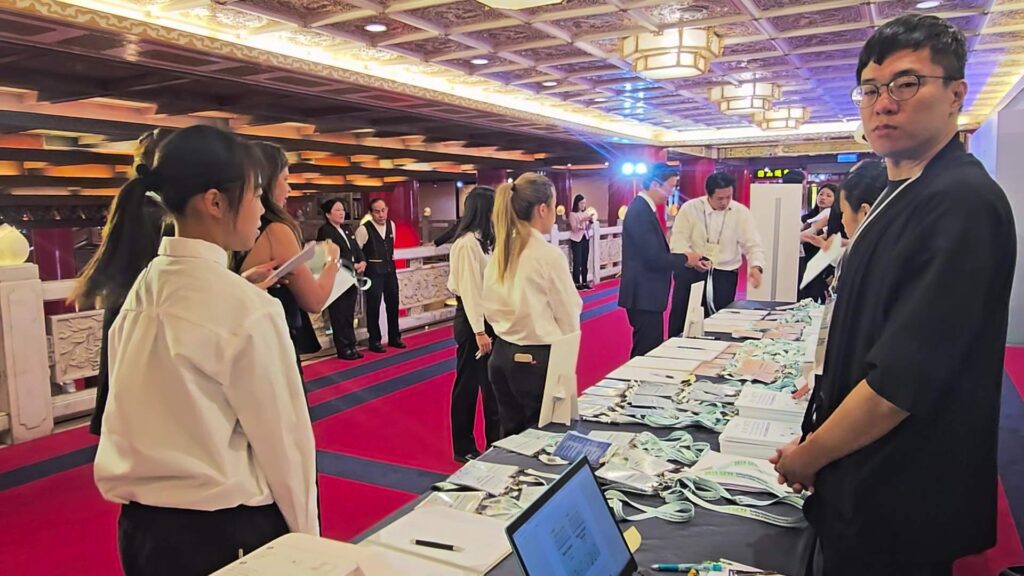In the digital era, disinformation—false information intentionally spread to mislead—is rampant, particularly on social media platforms. This complicates the public’s access to essential information during critical events like elections or disasters. To tackle this, the Global Cooperation and Training Framework (GCTF) is hosting a media literacy workshop in Taipei, Taiwan, gathering global participants from government, media, academia, and civil society.
Key strategies to combat disinformation include pausing, questioning, and fact-checking information. Hao-Yu Huang from Taiwan’s Ministry of Foreign Affairs emphasizes the importance of collaboration among various stakeholders to address disinformation. The workshop, which is part of a series organized by GCTF since its inception in 2015, includes participants like Thabile Mdluli from Eswatini, who aims to learn how to counter false narratives about her country.
James Gomez from the Asia Center highlights Thailand’s struggle against misinformation amid current conflicts, pointing out the effectiveness of youth-driven disinformation in neighboring Cambodia. Johnson Liang, co-founder of Cofacts, developed a tool for fact-checking messages in Taiwan’s popular messaging app, aiming to empower users with accurate information.
The overarching message is that while disinformation poses a challenge, a collective effort in media literacy and fact-checking can help strengthen public discourse and overcome fake news.



